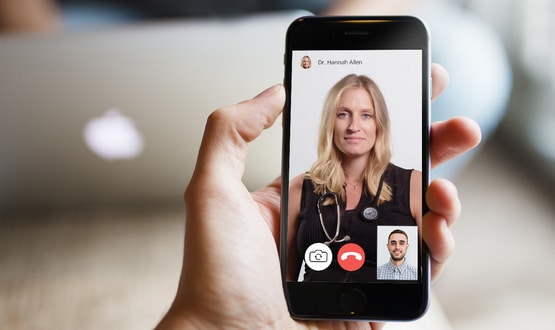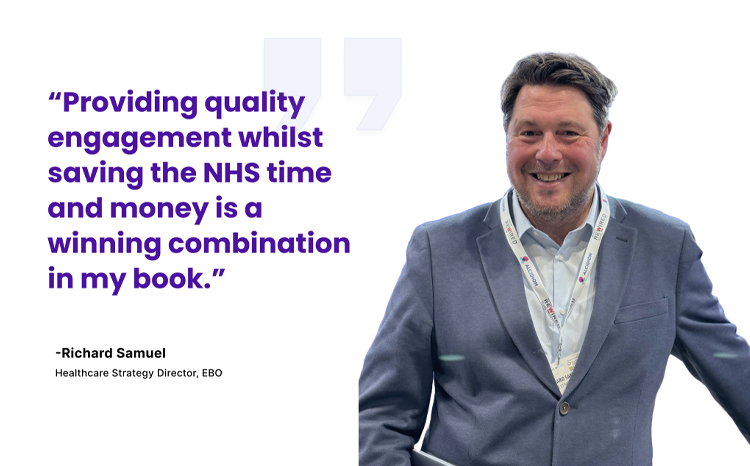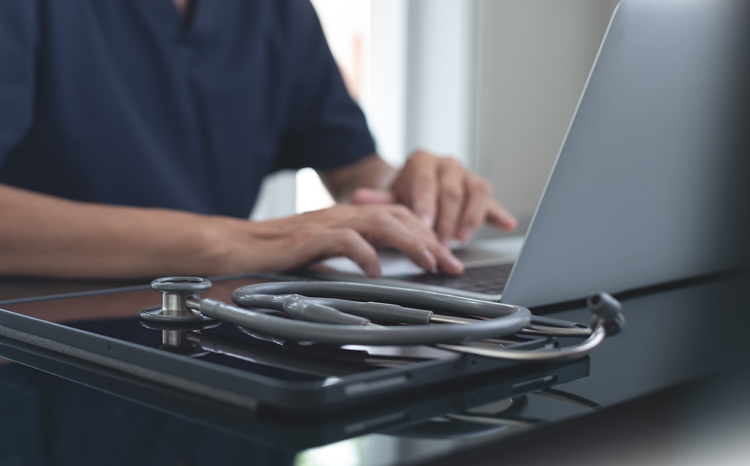NHS England agrees to cough up for GP at Hand additional costs

NHS England has agreed to cover additional costs facing Hammersmith and Fulham CCG due to the popularity of GP at Hand.
Digital Health News reported in March that the growing popularity of the GP on demand service meant the CCG was facing additional costs of up to £10.6million to keep running the Babylon-powered setup.
The CCG found itself faced with the bill as the free service, which promises to cut waiting times, is offered at Dr Jefferies & Partners in Fulham, south-west London.
However the latest NHS Hammersmith and Fulham Primary Care Commissioning Committee papers – dated June 12 – confirm these additional costs are to “be met by NHS England”.
The papers read: “As an update to the paper that came to PCCC in March relating to GPAH [GP at Hand] financial implications, the CCG is continuing to monitor the costs associated with the list size growth of the practice, both in terms of capitation-based payments to the practice and associated healthcare costs of GPAH-registered patients.
“The CCG has received confirmation that these additional costs will be met by NHS England, which has been incorporated into the CCG’s financial planning assumptions for 18/19.
“There is an ongoing dialogue with the NHSE (London) finance team to agree the value of the costs attributable to GPAH and a timeline has been requested to reach final agreement.”
A spokesperson for Hammersmith and Fulham CCG said: “As per our most recent update to our Primary Care Commissioning Committee, Hammersmith & Fulham CCG is continuing to monitor the costs associated with the list size growth of the practice, both in terms of capitation-based payments to the practice and associated healthcare costs of GP at Hand registered patients.
“The CCG has received confirmation that these additional costs will be met by NHS England, which has been incorporated into the CCG’s financial planning assumptions for 18/19. There is an ongoing dialogue with the NHS England London Finance team to agree the value of the costs attributable to GP at Hand, and a timeline has been requested to reach final agreement.”
When contacted for comment, GP at Hand said it stood by what it has previously said on the subject.
A spokesman said: “The reality is that people across London are exercising their rights to choose their NHS general practice. In less than six months, over 40,000 people have chosen GP at Hand, whose registered list is based in Fulham.
“This, of course, means that Hammersmith and Fulham CCG’s budget will need to increase as they commission services on behalf of more people. Balancing this, CCGs with fewer registered patients going forward will also see changes in their budgets.”
The papers also reveal that market research organisation, Ipsos MORI, has been selected to carry out an independent evaluation of the GP at Hand model.
Ipsos MORI will work with York Health Economics Consortium (YHEC) on the review, with Digital Health News previously reporting that the contract was worth around £250,000.





2 Comments
GPs are paid a capitation fee for looking after each registered patient, and at a higher rate for the elderly. It is beond contention that the extra healthcare needs of the elderly that impinge upon GPs outstrips the supplement in capitation and that younger adults are therefore (relatively) cheaper to provide care for.
They therefore represent cherries waiting, but hitherto no mechanism has existed for for picking them – no GP can elect to register ‘only the young and fit’. Until now: the fit with the ‘smartphone medicine’ generation is quite close.
That the DH, having seen the disruptive effect of the GPAH pilot, have elected to fund it further, is very revealing. It doesn’t require an Einstein to look ahead and see that this will lead to a small number of entrepreneurs chasing the GPAH first mover’s lead to become the new oligarchs of the NHS. The future for the remainder, left looking after the most needy with relatively less funding, and who are commonly acknowledged to be on a knife edge at present, can only be implosion.
So this must be the DH’s aim – its desire to shake the tree is long-declared, but uprooting it altogether is evidently now more than a tolerable outcome.
What would stop GPAH in its tracks? Fixing the inequity in the capitation system. Strange that this possibility is so un-examined.
It is hard to underestimate the destabilising effect this could have on local health economies without very large change to primary care funding and the whole NHS commissioning model.
The GPAH people have found an incredibly clever way of using the modern technology and the implicit assumptions of primary care funding to subvert the entire model, presumably making a substantial profit for themselves in the process.
It is the classic disruptive innovation – NHS England and DHSC must respond and adapt or face the widespread use of the model to raid primary care budgets and distort commissioning funding flows. It will be interesting to see what the counter-move is.
Comments are closed.